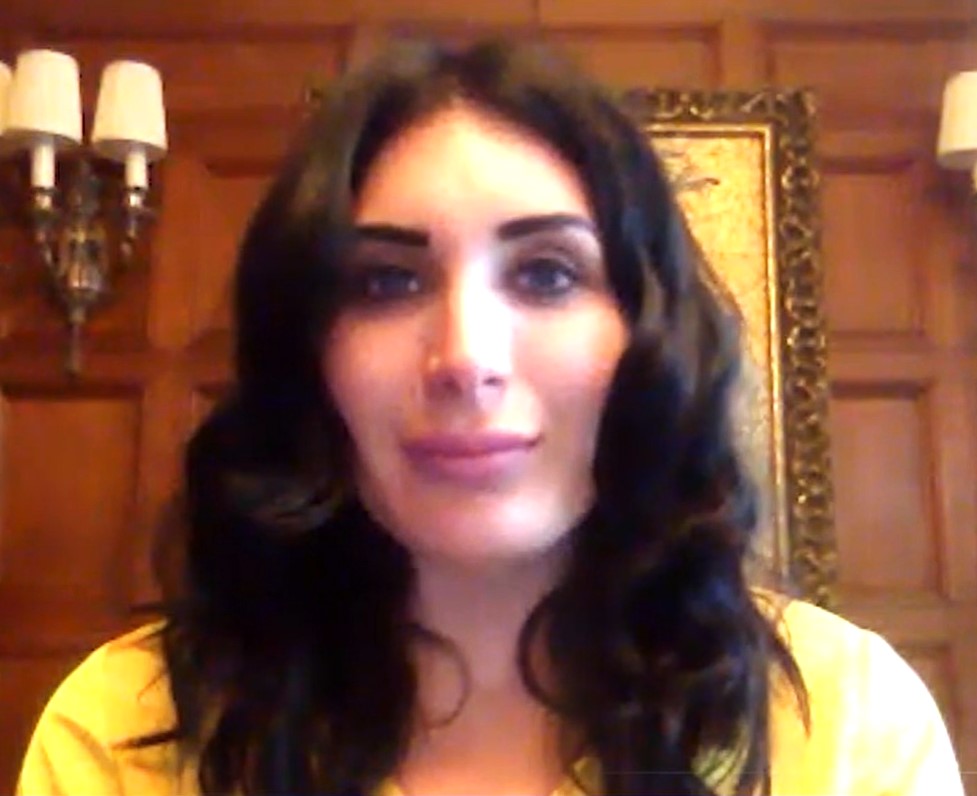Key Takeaways
• Conspiracy theorist Laura Loomer earned Pentagon credentials.
• She agreed to strict government terms mainstream reporters rejected.
• The deal sparks questions about press freedom and fairness.
• Her case shows how credentials shape who reports on national security.
Laura Loomer’s Pentagon Credentials
Last week, Laura Loomer secured Pentagon credentials. This badge lets her enter military events and briefings. She met tough rules set by government officials. Surprisingly, top reporters turned down those same rules. As a result, Loomer stands out in the press room.
First, she filled out detailed forms. Then, she accepted a list of conditions. As a result, she can ask questions at high‐level press events. In contrast, many news outlets said the terms felt too strict. They worried the conditions could limit what they report.
Moreover, this move ignited a debate. Is it fair to grant Pentagon credentials only to those who sign certain promises? On the one hand, supporters say controls protect sensitive information. On the other, critics fear it could shape the news.
Why Pentagon Credentials Matter
Pentagon credentials unlock unique access. Reporters use them to attend briefings, interview generals, and view classified documents. Without these credentials, journalists rely on second‐hand accounts. That can slow or limit their reporting.
In addition, wearing the badge gives legitimacy. Citizens trust reporters with official access. Therefore, who holds those credentials matters a lot. It also affects how the public sees military actions.
However, credentials come with responsibility. Journalists must follow security rules. They cannot share certain details. Thus, the pact between a reporter and the Pentagon is a delicate balance.
Terms Mainstream Journalists Rejected
The government offered a deal filled with clauses. Reporters had to promise not to publish protected intel. They also agreed to face penalties for rule breaches. Mainstream journalists found these rules too harsh.
Also, the agreement restricted live video and audio feeds. Reporters could not record off‐the‐cuff moments. That limitation struck many as a barrier to honest reporting. Moreover, the terms included daily check‐ins with a military spokesperson.
Above all, the requirement to preview questions raised alarm. Journalists feared it could lead to disputes over which questions get asked. They wanted full editorial control. But the Pentagon insisted on vetting queries first.
Consequently, major outlets walked away. They said the agreement risked turning reporters into spokespeople. In contrast, Laura Loomer went ahead and signed. Thus, she became one of the few with real Pentagon credentials.
What This Means for the Free Press
This situation highlights key issues for press freedom. First, it shows how access can hinge on legal deals. Second, it suggests that strict rules might shape news coverage. In that way, the government can influence which questions get asked.
Moreover, it poses a fairness question. If only certain reporters follow the rules, will we hear a wide range of voices? Critics worry independent journalists will miss out on important stories. Supporters argue security comes first.
Still, many believe open access is crucial. After all, a healthy democracy needs multiple viewpoints. Thus, reports from the Pentagon should reach everyone.
Reactions and Next Steps
Prominent news leaders criticized the deal. They argued that no reporter should surrender editorial control. Meanwhile, conservative outlets praised Loomer’s move. They saw it as a win for transparency.
Members of Congress have called for hearings. They want to review the credentialing process. Senators warned that the press must stay free from undue influence. At the same time, the Pentagon defended its position. They stressed that rules protect sensitive data.
Looking ahead, more reporters may rethink their stance. Will they accept tighter rules to get Pentagon credentials? Or will they continue without that access? Only time will tell.
Conclusion
Laura Loomer’s new Pentagon credentials raise big questions. They show how terms can shape who reports on national security. While some criticize the deal, others see it as a path to exclusive scoops. Ultimately, this story reminds us that credentials carry more than just a badge. They carry the power to shape the news.
Frequently Asked Questions
What are Pentagon credentials and why do they matter?
Pentagon credentials are official passes for journalists. They allow entry to military briefings, interviews, and secure sites. These badges matter because they give direct access to guarded information.
Why did mainstream journalists reject the terms?
Major news outlets refused to sign because they feared losing editorial control. The terms included question previews, strict security checks, and potential penalties. Those rules felt too restrictive for independent reporting.
How did Laura Loomer get her Pentagon credentials?
Laura Loomer completed extensive paperwork and agreed to all government conditions. She signed non‐disclosure agreements, daily check‐ins, and question vetting. This compliance earned her the official badge.
Could these rules affect news objectivity?
Yes, strict credential terms might influence what reporters cover. Question previews and content restrictions could shape story angles. Critics argue this risks turning journalists into government mouthpieces. Source: https://www.nydailynews.com/2025/11/03/laura-loomer-credential-pentagon-reporter/
